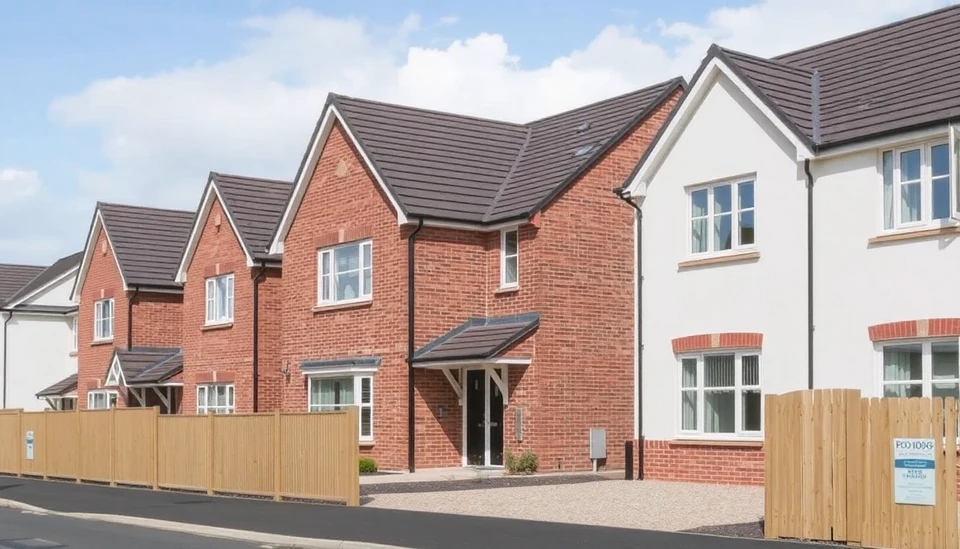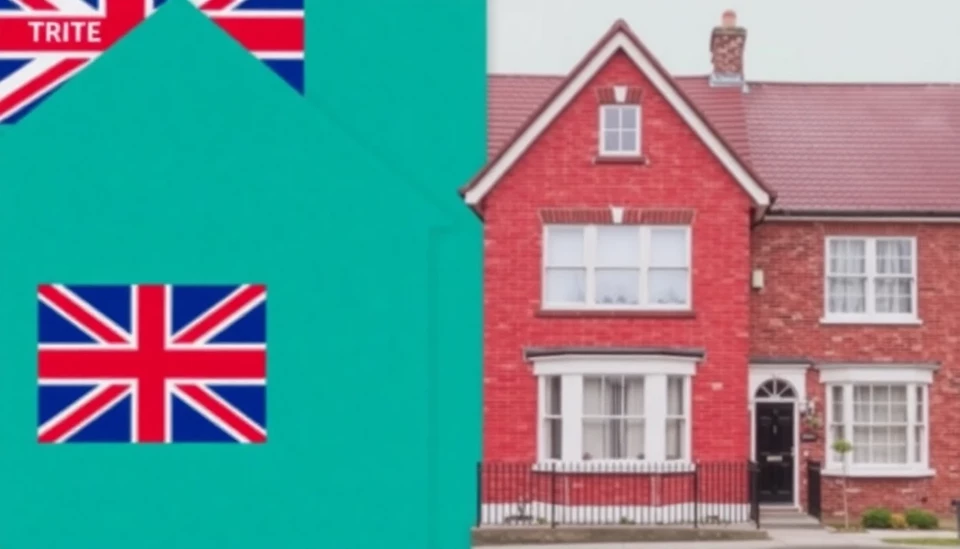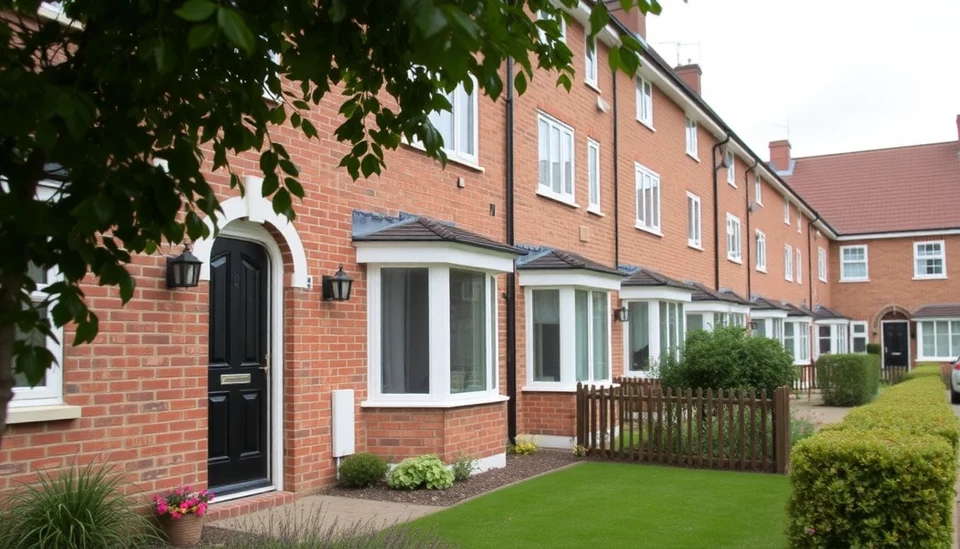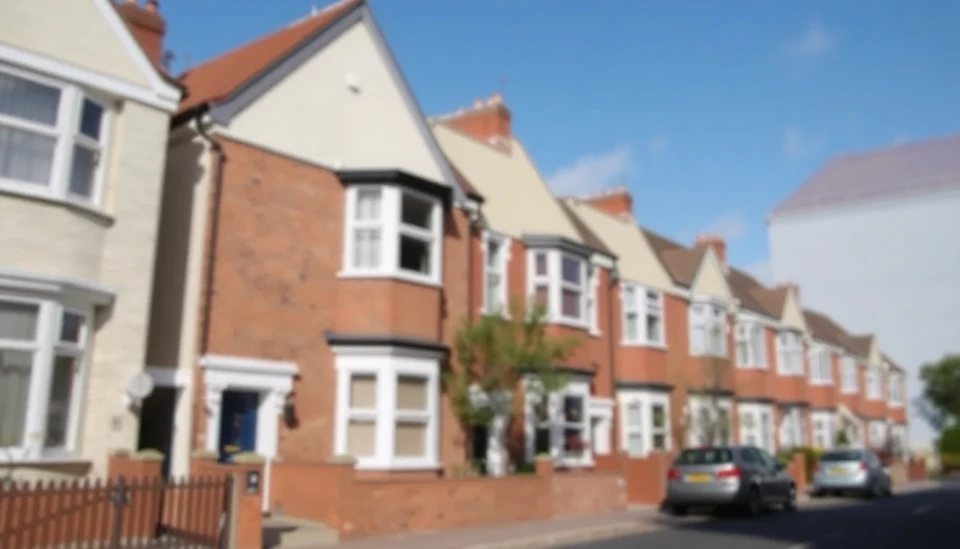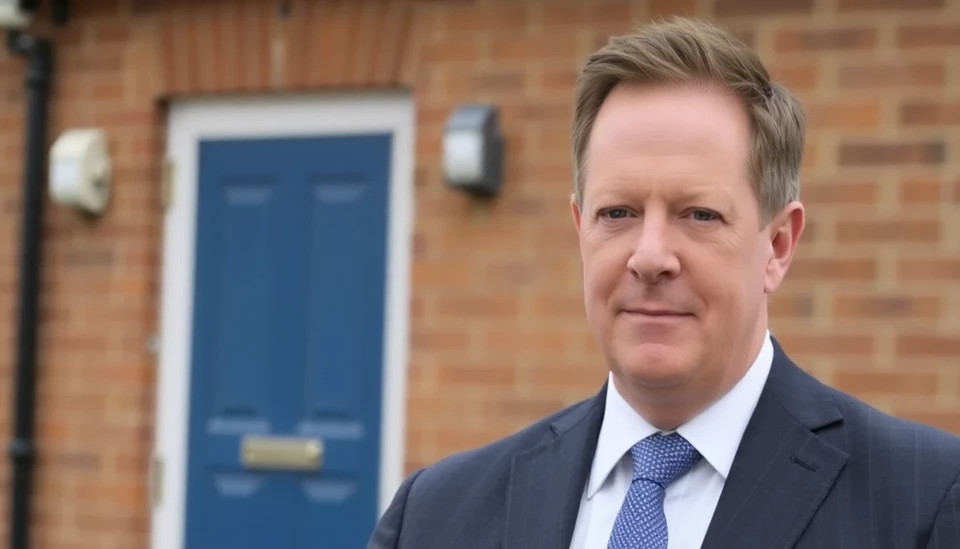
In a concerning development for the UK housing market, new data shows that housebuilding activity has fallen for the third consecutive month, raising alarm bells among policymakers and stakeholders alike. This downturn poses significant challenges not just for the industry, but also for Labour leader Keir Starmer, whose party has prioritized housing as a critical issue ahead of the upcoming elections.
According to the latest reports, the construction of new homes declined sharply in December, marking a continuation of a worrying trend. The decrease in housebuilding activity is attributed to a variety of factors, including rising material costs, a shortage of labor, and shifting economic conditions that have left potential buyers hesitant to invest in property.
Figures released by the Office for National Statistics indicated that the number of new housing starts has dropped significantly, contributing to broader concerns about the overall health of the real estate market. The Labour party, which is under Starmer's leadership, has made housing a centerpiece of its policy platform, advocating for increased construction to tackle the ongoing housing crisis affecting millions across the UK.
This setback in housebuilding comes at a critical juncture for Starmer, who is striving to galvanize public support and position the Labour party as the solution to the country’s pressing issues. Starmer's ambition is to ensure that the Labour party is recognized as the go-to option for voters seeking to resolve the housing crisis, but the latest data could undermine these efforts. Political analysts have noted that declining construction rates not only reflect immediate economic challenges but could also serve as a barometer for the Labour party's electoral prospects.
As uncertainties loom over the housing market, experts warn that if current trends continue, the ripple effects could be widespread. A stagnation in housebuilding could exacerbate the existing housing shortage, making homes even less accessible to first-time buyers and low-income families. This situation is especially pressing in urban areas where housing demand consistently outstrips supply.
Furthermore, the Labour party is urged to refine its strategies and reevaluate its policies to address these market conditions effectively. Starmer's team is likely to face increasing pressure to adapt their approach and deliver tangible results that can resonate with the electorate during the upcoming election cycle.
In summary, the decline in UK housebuilding presents significant challenges for both the housing market and the Labour party's ambitions under Keir Starmer's leadership. With the stakes high and public sentiment critical, stakeholders within the party must react swiftly to redefine their strategies and demonstrate their commitment to resolving the housing crisis affecting countless individuals across the nation.
As the country navigates these difficulties, the coming months will be pivotal in shaping the future of both the housing sector and the political landscape in the UK.
#UKHousing #Housebuilding #KeirStarmer #LabourParty #RealEstate #ConstructionDecline #HousingCrisis #UKPolitics
Author: Rachel Greene
